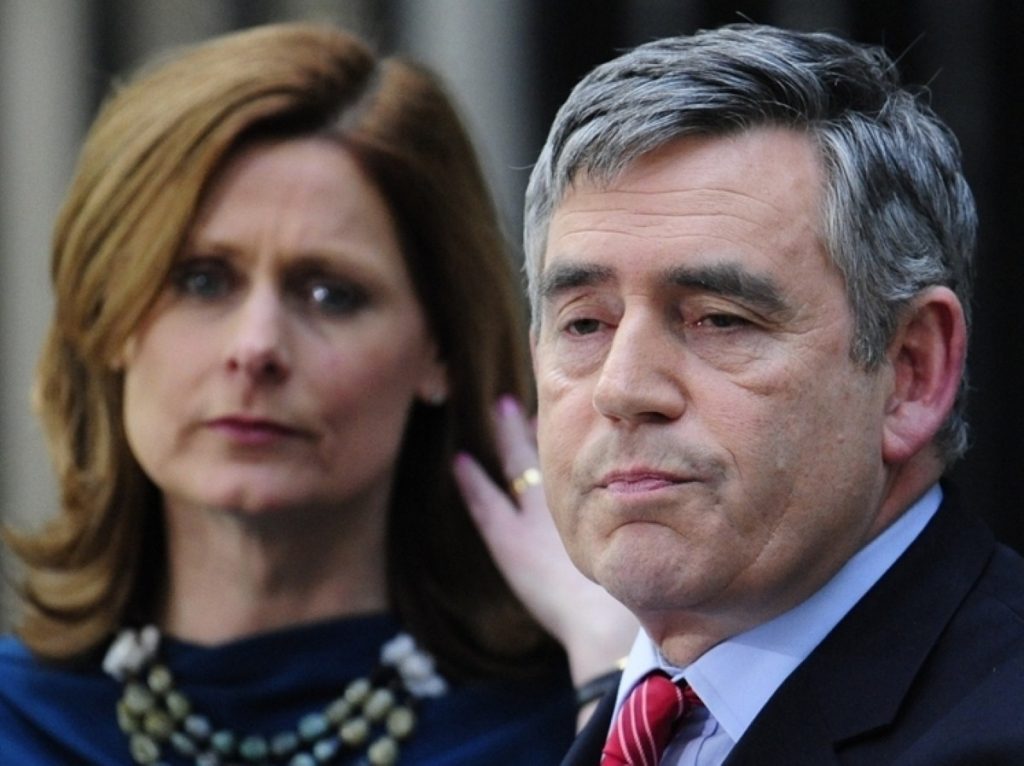Brown planned to quit before election
By politics.co.uk staff
Gordon Brown was prepared to set out a timetable for his departure on the eve of the general election campaign, it has been revealed.
According to the Guardian, Mr Brown was prepared to stand down within a year of winning the election, once economic recovery and constitutional reform had been secured.
He intended to make the announcement during his speech promising a referendum on the alternative vote on April 7th.


By his coterie of allies and ministers convinced the prime minister not to announce a timetable for retirement, citing the example of Tony Blair, who was treated like a lame duck prime minister in his third terms once he announced before the 2005 election that he would not serve a full term.
Ed Balls, Douglas Alexander and Peter Mandelson all desperately tried to convince Mr Brown not to follow Mr Blair’s example, with Lord Mandelson arguing the entire election campaign would be beset with questions about the exact timing of his departure.
“Gordon was under no illusions about his popularity, or the degree to which he was a barrier to Labour’s re-election,” an advisor present at the meeting told the Guardian.
“He drafted the speech himself that included the passage setting out the terms in which he would stand down. He was serious about it.
“We went to the meeting knowing what he was proposing to do. In many ways it showed he was ahead of the rest of us.”
In the end Mr Brown resigned twice in the space of two days following the election; once as Labour leader, with the caveat that he would continue to lead the party while the leadership race took place, and then, the next day, as prime minister of Great Britain when it became clear Lib Dem-Conservative coalition negotiations had been successful.












